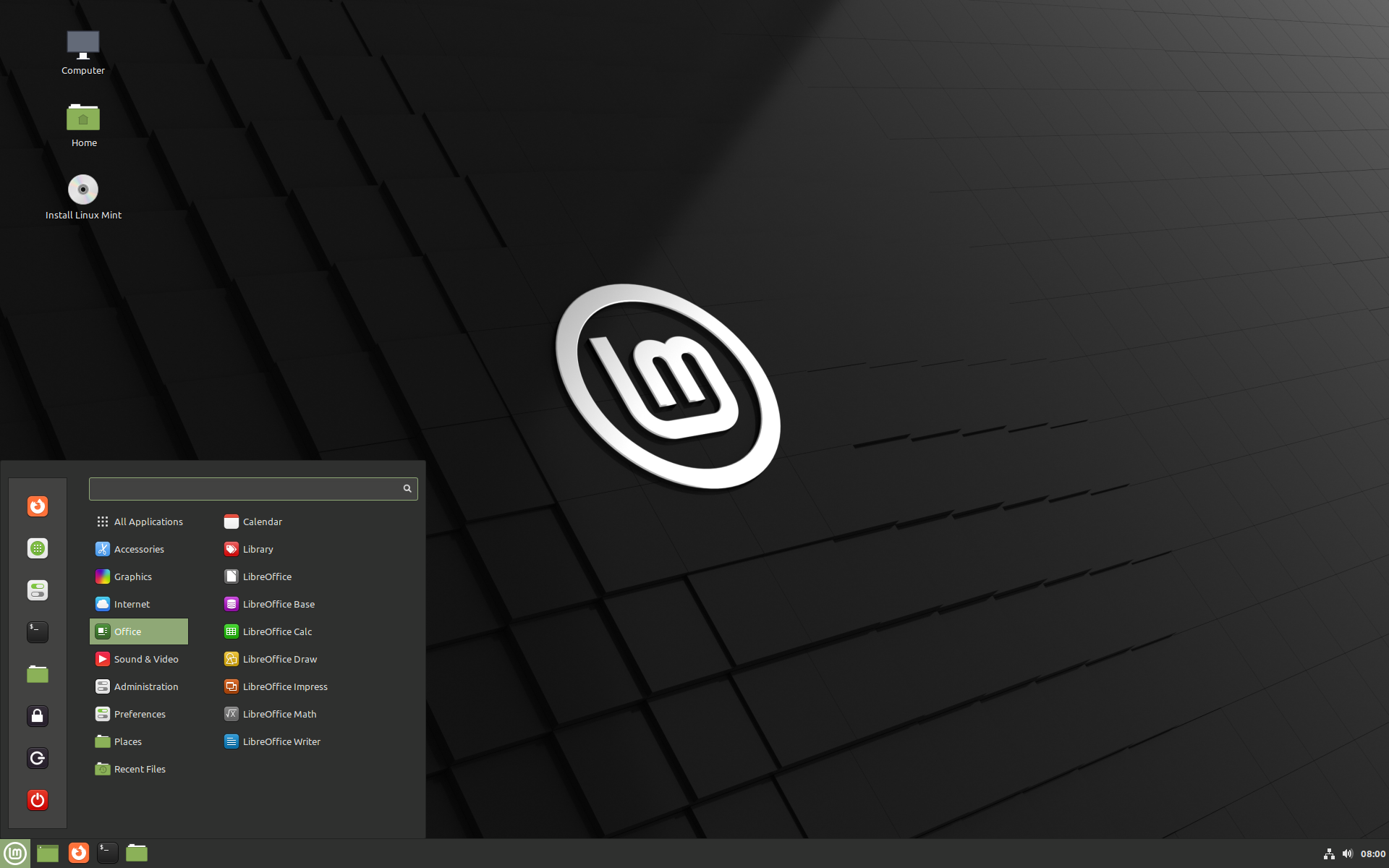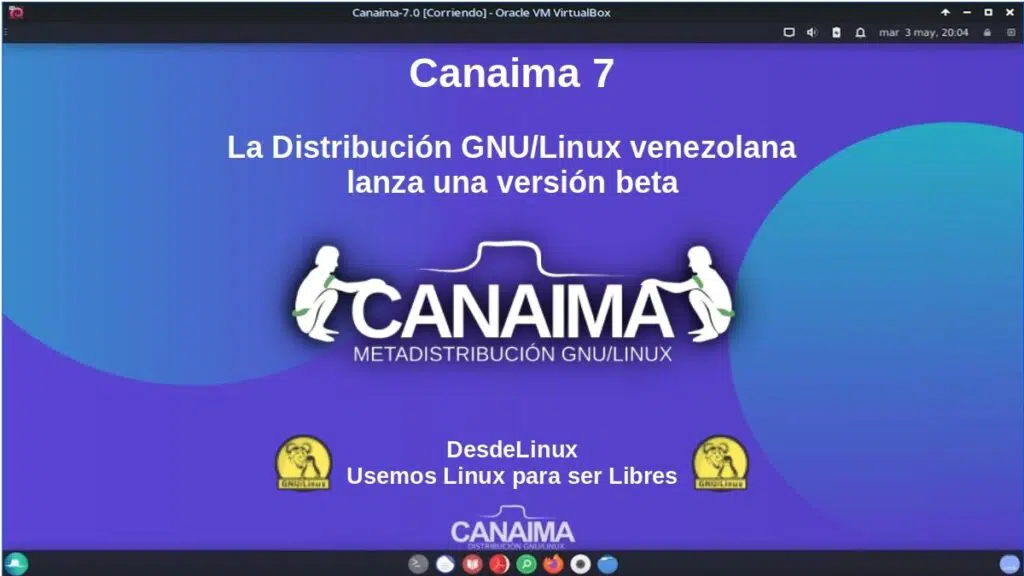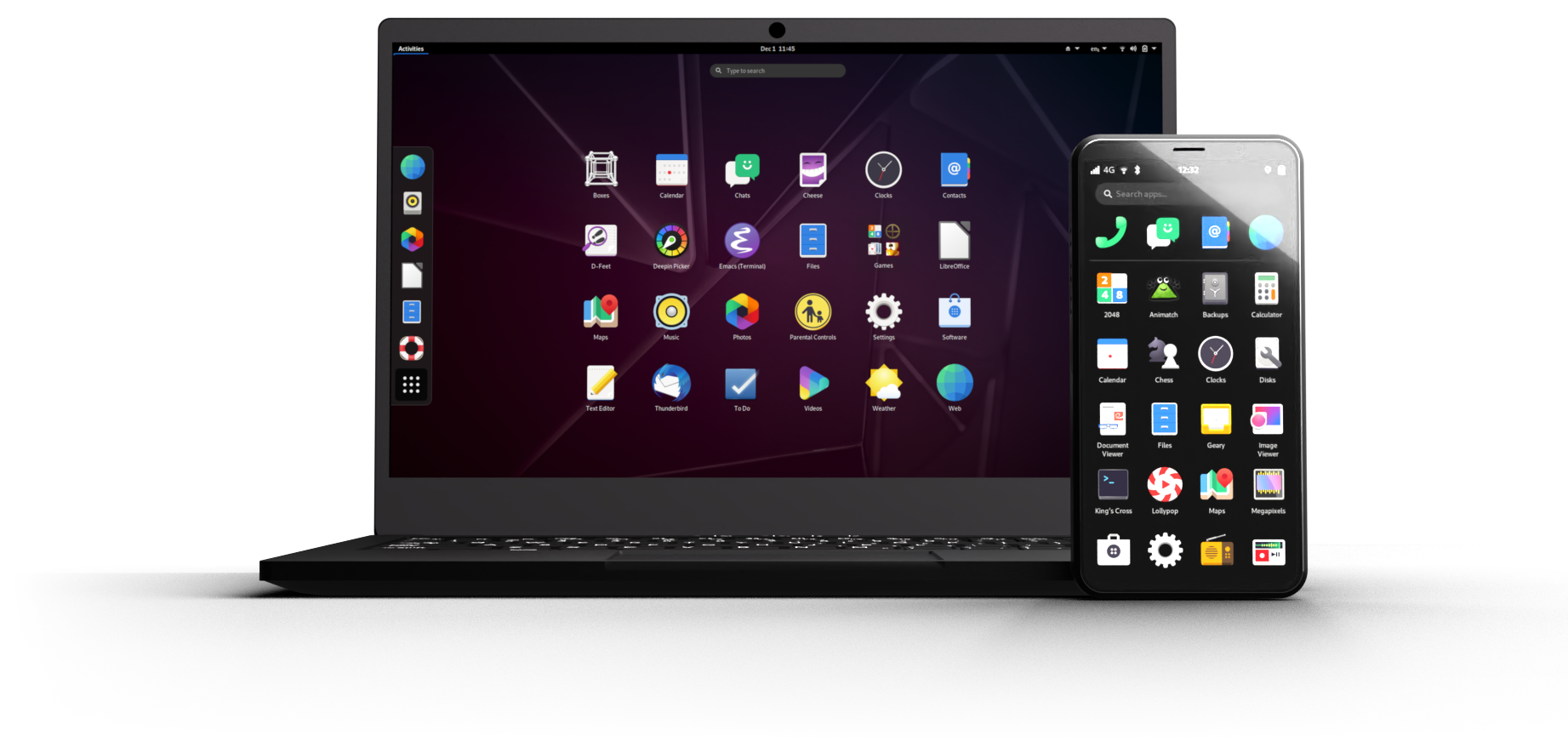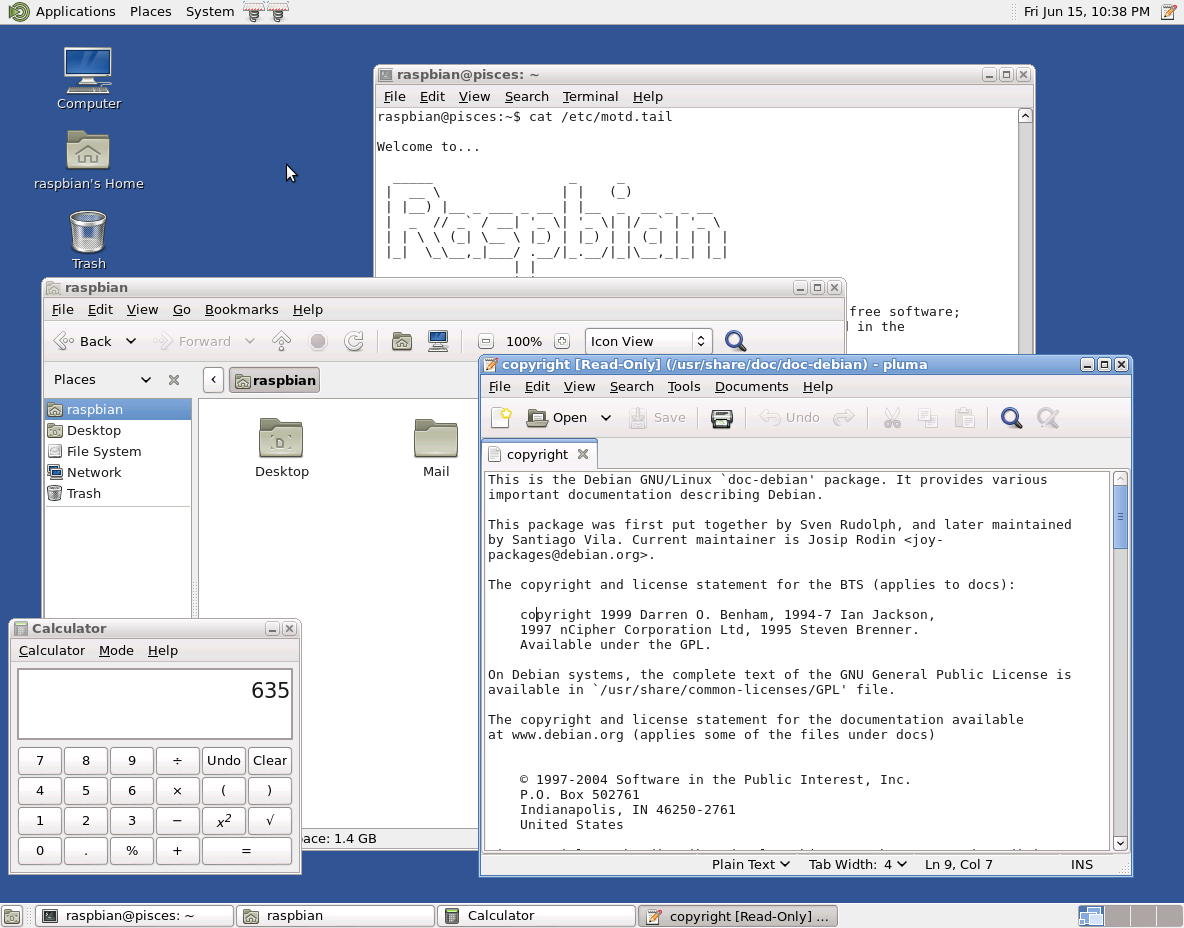Debian is one of the main distributions out there. It belongs to the so-called Linux Olympus because it is very stable, mature and has been developed quite seriously. This is precisely why it is the basis for other powerful distributions. Today, you will learn about the best Linux Debian based
For both server and desktop, Debian is one of the best options you can find on Linux. As a true veteran, Debian has many years of experience and serious work behind it that has placed it above many other distributions.
For this very reason, many others choose it as a base for their projects. There are many options, from solid and stable projects like Ubuntu to other less known ones.
The Best Linux Distros – Debian-based
Before we start, it is good to clarify that no specific order is followed. It is not the intention of the video to judge which is better than which, but rather to present the different options if you want to use a solid and stable Debian base.
1.- Ubuntu
Although not many people know it, Ubuntu is derived from Debian. What happens is that it has followed its path so mature that it goes unnoticed to the most novice users of the system,
Ubuntu can be said to be easy to use, so much so that when the first versions of Debian appeared, it was said that it was a “Debian for newbies”. This is due to the inclusion of proprietary firmware from the beginning and a special care for the graphical interface.

Today Ubuntu’s status is still excellent because it is highly popular, has a huge user base and retains its ease of use and neat graphical interface.
Ubuntu includes both desktop and server versions to cover as many users as possible. On the desktop version, it uses GNOME with a very Ubuntu-like feel, but still helps novice users.
Another aspect of Ubuntu is its strong commitment to Snap packages created by Canonical, which is the company behind the development of Ubuntu.
2.- Linux Mint Debian Edition
Although the Linux Mint people claim that this version is an emergency version in case something bad happens with Ubuntu, it is very well done.

The combination of Linux Mint’s touch and Debian’s strengths make it appealing to many users.
Be careful though because it’s not 100% stable so in production environments it may not be ideal, but it’s still usable and functional.
Of course, LMDE’s installation process is much easier than Debian’s, and it does include proprietary software, but unlike Ubuntu, there is strong support for Flatpak.
In short, if you’ve used Linux Mint, then you won’t notice much change here.
3.- Canaima
Canaima is a distribution created by the Venezuelan government for use in public administration. However, enthusiasts from many parts contribute to the development and testing of the distribution, so it can be said to be communal.

With Canaima you can expect a modern distribution with Cinnamon desktop environments reminiscent of Linux Mint but also a version with Mate and a more classic feel.
One of the main drawbacks is that being Spanish-speaking, it is likely that some language support is incomplete, although it is easily solvable from the system settings.
You could say that it is a Linux distribution designed for novices, since it includes much software by default so that the experience is out-of-the-box.
Finally, the hardware requirements are quite measured, but any modern processor with 4Gb of memory should be enough to use it without problems.
4.- Deepin
If there is a beautiful Linux distribution with its tools and excellent functionality, it is Deepin. This Linux distribution includes its modern, stable and above all very nice desktop environment.

In fact, on the project’s website they say that
Beautiful UI design, intimate human-computer interaction, and friendly community environment make you feel at home.
In addition to this, it includes its tools so that the system is fully integrated into one. Compatible with Debian, you will have access to many packages that you won’t miss a thing.
Like most distributions, it is focused on the novice user, so it is easy to use and manipulate.
5.- PureOS
If you love Debian but want it to include only open-source software, then PureOS is for you. This distribution aims to provide an auditable and secure system that respects user privacy.

Proof of this is what they tell us on the project’s website:
A fully-convergent, user friendly, secure and freedom respecting OS for your daily usage. With PureOS, you are the only one in control of your digital life.
One of the best aspects of PureOS is that it integrates a GNOME that is very close to the root. Plus strong integration with Flatpak.
Modern, stable, Debian based and Debian compatible, it is a solid alternative for many users who want a system far away from proprietary software.
6.- Kali Linux
Another great Debian derivative is Kali Linux. This distribution focuses on the security of computer systems. This means that it is used for security analysis and includes ethical hacking tools.

The operating system runs under the GNU GPL and is therefore open source. And it is one of the most widely used for this purpose, although there are even those who use it daily.
The power of Kali Linux lies in the large number of security tools it includes by default, some of them are Foremost, Wireshark, Maltigo as-Aircrack-ng, Kismet and more. It also has more frequent updates in the kernel section.
Visually it has several desktop environments which makes it adaptable for many users with different tastes.
7.- Devuan
When there was a debate in the Linux world about Systemd, Devuan was born with the objective to provide a Debian without this component.

On the project’s own website, you can find this definition:
Devuan GNU+Linux is a fork of Debian without systemd that allows users to reclaim control over their system by avoiding unnecessary entanglements and ensuring Init Freedom.
So, in essence, it is Debian without Systemd. Nevertheless, many novice users should not notice too many differences, but rather in the management of processes or services.
8.- Raspbian
Raspbian is a GNU/Linux operating system distribution based on Debian, but with a primary focus on the Raspberry Pi. This makes it optimized for Raspberry Pi, but with all the power of Debian.

In practice, it is not too different from other distributions more focused on the desktop, and that is an absolute merit of the development team.
Otherwise, it is simple to use, has a huge package thanks to Debian and everything is in order.
It’s always your choice, but Raspbian is a great option if you have a Raspberry Pi.
9.- AntiX
antiX is a fast, lightweight, and easy to install systemd-free Linux live CD distribution based on Debian Stable for Intel-AMD x86 compatible systems. Now what does antiX bring to the table? Well, because it is so light, it is possible to use it on older computers without losing performance.

Thanks to an exquisite development work, antiX also includes a repository of its packages, including the Numix theme, patches and the Gazelle installer.
The graphics are not to worry about, as it looks great and so it has nothing to envy from the others. As it’s based on Debian, you won’t have to worry about package availability, either.
10.- ParrotOS
Parrot is a Linux distribution based on Debian stable, but with a focus on security. It is somewhat similar to Kali Linux.

Parrot Security provides a massive arsenal of tools, utilities, and libraries that IT and security professionals can use to test and assess the security of their assets in a reliable, compliant and reproducible way.
Also, Parrot is available in three main editions, Security, Home and Architect Edition, even as Virtual Machine (Virtual Box, Parallels and VMware), on Raspberry Pi and also on Docker.
But Parrot is also quite lightweight, since it includes MATE as a desktop environment, which is easy to use and doesn’t consume too many resources.
Conclusion
Debian is a stable, solid and solid distribution with a long history on Linux that makes it one of the elite. That’s why other projects use it as a base for their various operating systems. You know which are the best ones out there.
I hope you help us to grow and share this post with your friends.